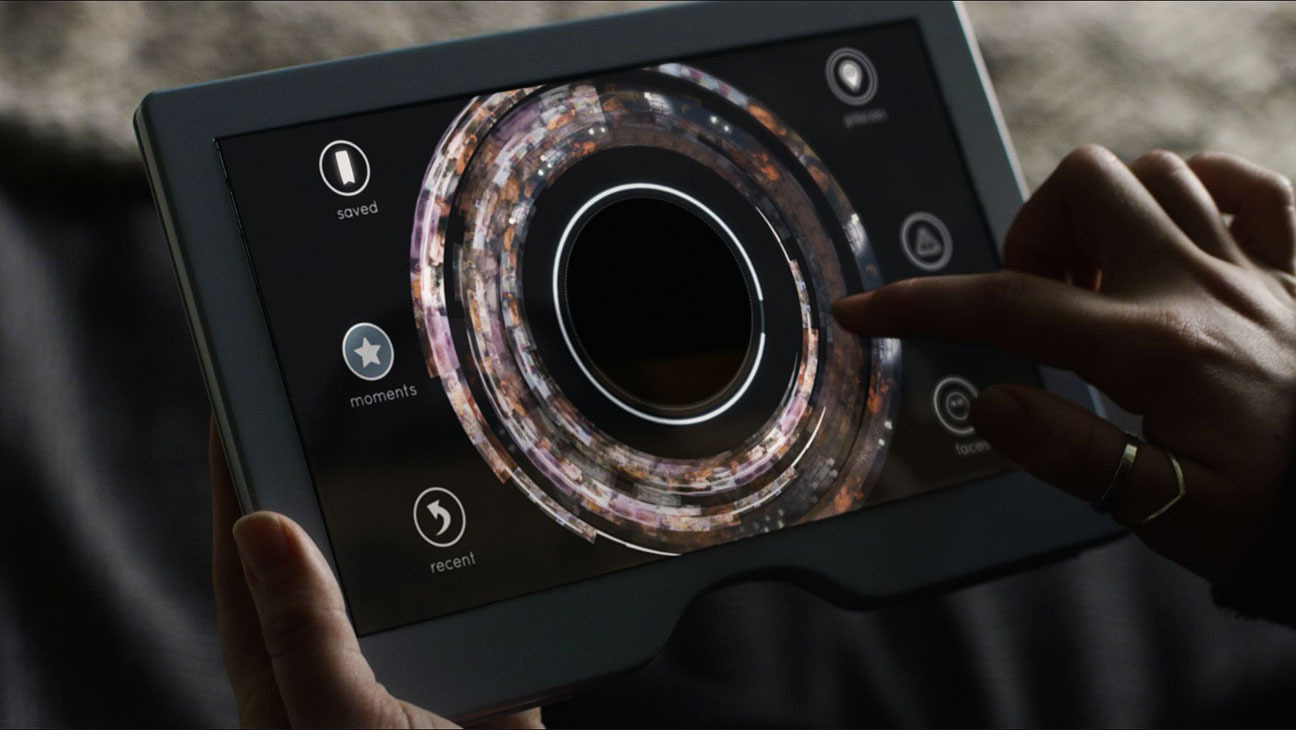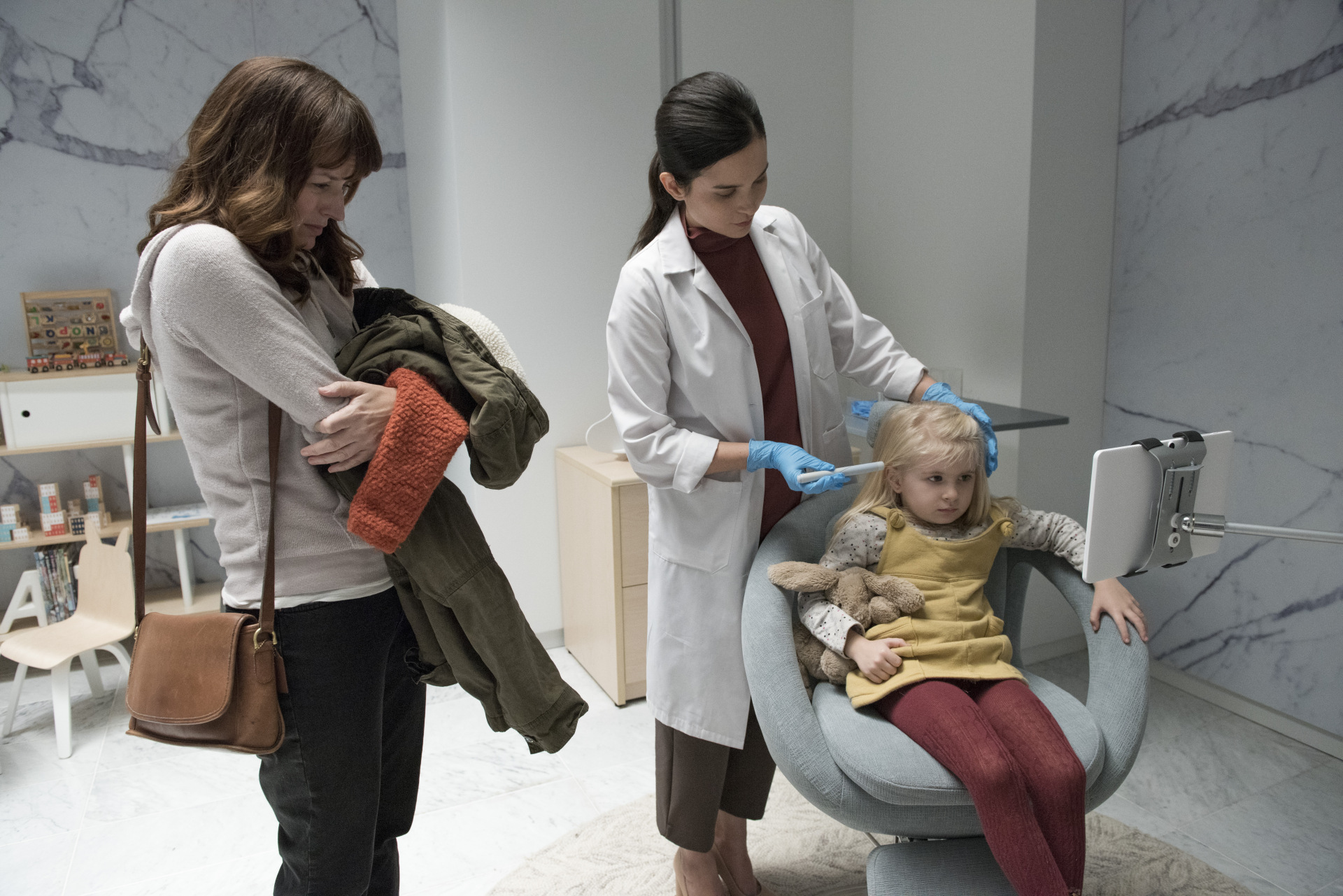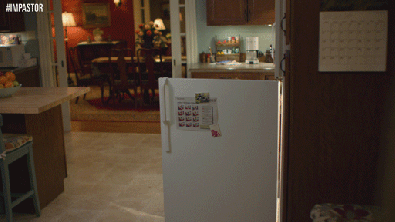Arkangel feels like Black Mirror‘s attempt to return to its roots and the gritty sci-fi that the show introduced us to in its first two seasons. After being incorporated into Netflix’s ever-growing catalogue of boundary-pushing TV, the show’s increased budget has resulted in the introduction of well-known actors, bolder colour palettes (likely to appeal to American audiences who aren’t used to all things bleak and British), bigger and bolder stories, and writing that’s gone from good to great over the course of the show’s evolution.
The problem however, is that when all the new evolutions are stripped away from a great Black Mirror episode, you find its core concept is excellent all on its own. Excellent writing and original sci-fi concepts have always been why the show has thrived and sadly, Arkangel delivers on neither.
Directed by the iconic Jodie Foster (Taxi Driver, Freaky Friday, The Silence of the Lambs), the episode revolves around an implanted tracking technology named Arkangel, that also allows the subject’s vision to be viewed via a tablet, as well as certain objects and actions ‘painted out’, resulting in the subject viewing a censored everyday reality. After losing her daughter for a number of hours at a playground, Marie Sambrell (Rosemarie DeWitt) signs up her daughter Sara (Brenna Harding) for the technology to “make sure she’s safe”. What could go wrong right?
Taking inspiration from a number of previous episodes such as Season One’s The Entire History of You with a focus on replayable memories and Season Three’s Men Against Fire, with its ideas of altering your reality without an understanding of the consequences. The latter is referenced both on a television as the first piece of content that is “painted out” and a young Sara even laughs “I’m not a soldier” at her dinner table prior to being ‘signed up’.

It’s a nice callback, perhaps simply added to reference that the technology used by military personnel would likely make it’s way to the public. Although Season Four’s apparent need to link each of their prior episodes feels unnecessary and often jarring, most irritatingly in the season’s final episode Black Museum, but we’ll get to that review soon.
The few links in Arkangel feel unnecessary, though never intrude on the pace and message of the episode.
Arkangel does a much better job of framing the ideas of the technology behind ‘designed realities’ as a grey issue than Men Against Fire, in which the technology was simply portrayed as a black and white method of mind control with added steps to make sure no one under its influence ever discovered it. Arkangel makes sure to underline the emotions behind making the decisions related to the technology, as there’s no point in which Marie’s actions with the implant seem totally out of human nature. Who wouldn’t want to check the location of a loved one if they believed they were in danger?
It’s Marie’s decisions when it comes to her actual parenting that often seem farfetched, almost as if to give the episode the hard-hitting moments we’ve become used to in Black Mirror. A scene in which Marie spikes Sara’s drink seems particularly over the top from a protective mother. The other characters don’t offer much, existing as largely two-dimensional characters representing an ideal. Marie’s father Nicholas, for example, exists as the physical representation of the show’s core writer Charlie Brooker’s attitudes towards technology. If it has a screen, it’s almost certainly terrible in Black Mirror.
The episode never quite manages to ramp up its inner tensions. Once the details of Arkangel are explained, there aren’t too many surprises as to where the episode is heading. Although this isn’t necessarily an issue, it’s something that a lot of Black Mirror viewers look for in the show, and the lack of twists could be a disappointment to some.
One of the most interesting aspects of the episode is its attitudes towards the idea of removing anything harmful or stressful from a child growing. Arkangel immediately presumes that, having never seen drugs, for example, would result in an individual becoming interested to the point of wanting to try coke they knew to be “not the good stuff”. This extends to Sara’s relationship with sex, violence and even the neighbour’s dog, who she seems drawn to when surely an aspect of ‘fear of the unknown’ would be more likely to take effect.

It’s a personal doubt, but it’s definitely something that could have dissected in more detail, especially as it’s the key draw of the episode, rather than simply presuming the worst repercussions would take effect in every instance. The biggest problem is the dialogue, with teenagers throughout the episode interacting with as much subtlety as cliche 1970s horror characters. “How you doing”, “didn’t know you cared”, “maybe I don’t” is a genuine conversation designed to have the audience root for the forbidden romance between a couple? I’m certainly not buying it, and I doubt anyone else is either.
Overall Arkangel isn’t an entirely bad episode of Black Mirror, but it lacks any of the series defining moments that have stuck in your memory days afterwards. There’s no gorgeous world building, no deep philosophy, and no wonderful acting and writing for us to sink our teeth into, and with this season containing the likes of USS Callister and Hang the DJ, Arkangel simply doesn’t meet the cut.
Share this:





